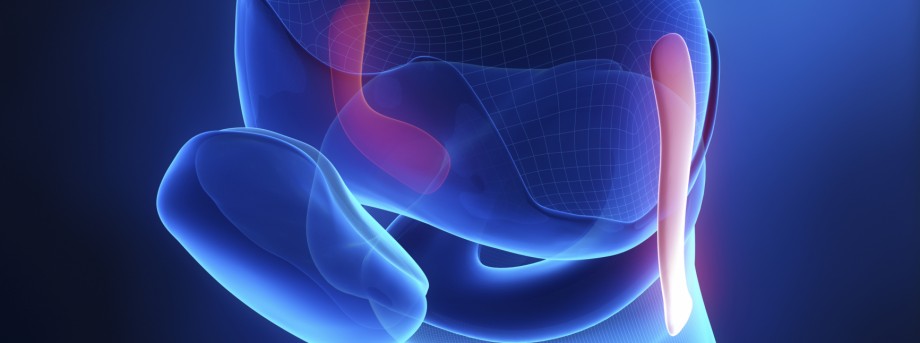The University of Nottingham
 Exchange online
Exchange online
Research Exchange
Leading the way in regenerative medicine

The University of Nottingham has received a multimillion pound funding boost to its research into regenerative medicine.
The University has received £4.6m from the first stage of the UK regenerative Medicine Platform (UKRMP) to fund a research hub that brings together a team of scientists from the UK and internationally with skills and expertise in a range of areas to tackle the challenges in regenerative medicine.
The UKRMP is jointly funded by the Medical Research Council (MRC), the Biotechnology and Biological Sciences Research Council and the Engineering and Physical Sciences Research Council.
Collaborative working
The hub is being led by Professor Kevin Shakesheff, Head of the School of Pharmacy at the University of Nottingham. Scientists from Nottingham will work with researchers from the University of Cambridge to look at nerve damage to the spinal cord, with the University of Birmingham to look at liver disease and they will also be working with Newcastle University and the University of Swansea to look at the ligaments in cartilage repair.
Professor Shakesheff said: We’ve been doing this research for a number of years, but the hub allows us to put in place a plan to get the research into the patient, which as a long and difficult road. This is because cell-based therapies are much more complex than traditional small molecule drugs and require further research and new approaches to make sure they are safe and effective for people. Having the stability of the funding and allowing us to bring some of the best people in the country together to contribute towards the research will accelerate how quickly we get the treatments into the patients.”
‘Mending Broken Hearts’
As well as the funding from the UKRMP, the British Heart Foundation (BHF) has pledged an additional £7.5m as part of its ‘Mending Broken Hearts’ appeal to fund scientists at three new dedicated research centres in the UK.
Scientists from The University of Nottingham will work in collaboration with researchers from around the UK and abroad at one of the centres which will be based at, and led by, Imperial College London. The first goal of the centre, which has received £2.5m of the total funding, will be to grow new, beating heart muscle to graft on to damaged hearts, helping them to beat again more strongly following illness.
Professor Sian Harding from Imperial will lead the study into ‘induced pluripotent stem cells’ (iPS) — a type of stem cell created from patients’ own cells — as well as naturally occurring stem cells inside the heart and how they could be turned into a regenerative treatment.
Life changing research
Researchers at the new centre will aim to meet the challenge of growing working new heart muscle. Professor Chris Denning, from The University of Nottingham’s Centre for Biomolecular Sciences will be working on the ambitious project, he said:
“We are delighted to be involved in this exciting study which is being led by Imperial College. As a global University, it is particularly appealing to be working with a network of scientists from across the UK and abroad, in order to draw on their expertise and combine our knowledge and skills to further expand on this life changing research. The funding from the BHF will enable us to try and teach the heart to repair itself following a heart attack, or enable us to put back new heart cells to repair any damage, which could potentially revolutionise the way heart attack patients are treated.”
Tags: Biotechnology and Biological Sciences Research Council, Engineering and Physical Sciences Research Council, EPSRC, MRC, Professor Chris Denning, Professor Kevin Shakesheff, regenerative medicine, UKRMP
Leave a Reply
Other

Top prize for quantum physicist
A University of Nottingham physicist has won a prestigious medal from the Institute of Physics for […]

Zero carbon HOUSE designed and built by students comes home
Design and construct a low cost, zero carbon, family starter home, transport it to Spain, build […]